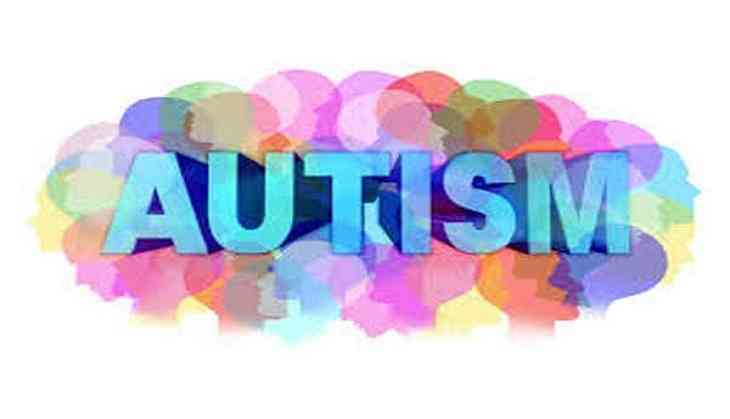
With one in 68 children being diagnosed with Autistic Spectrum Disorder (ASD) in India, early diagnosis, social acceptance of kids suffering from the neurological disorder and clearing misconceptions about the same is extremely important for social welfare, say experts.
At least 70 million individuals worldwide have Autism, 10 million in India itself.
ASD is a serious, incurable mental disorder that hampers one's ability to interact and communicate. This condition is present from early childhood and can be diagnosed as early as 18 months of age.
"ASD is the fastest growing developmental disability all over the world, including India">India," says Dr Archana Nayar, from Autism Centre For Excellence (ACE).
Being a mother of an Autistic son, Nayar added that intervention is of poor quality in India">India and needs an institution building and professionalisation to create real impact.
"It is true that a variety of mental health issues are a concern, but each condition requires specific forms of intervention and the goal at ACE has been to create Autism expertise. Clubbing different conditions together may bring short term solutions but would not lead to long term changes in the mental health landscape," she said.
The centre provides Autism intervention and therapies in a school based setting (six hours a day) to students from the age group of two to 16.
Explaining the early signs and symptoms of ASD, Nayar said, "It is a matter of concern if the child is not making eye contact when spoken to, is not responding to his or her name and is not using or responding to gestures to communicate etc."
Autism can be detected as early as two years of age and initial detection can be done via a simple checklist administered by a school teacher or parent, claimed the doctor.
Her institute, ACE, is involved in several outreach projects across the community to raise awareness about autism, its detection and intervention.
"We do this via social media, print media and even organise events to highlight autism specific issues," Nayar stated.
Her team of experts provide a comprehensive educational programme to students on the autism spectrum via its behaviour and communication therapy.
In addition, they also provide occupational therapy, physical activity routines, social skills groups and interaction with mainstream students via a buddy programme.
Parents of autistic students are supported via trainings, frequent observations of their children, home visits by ACE staff and regular data based progress reports by the teachers, Nayar noted.
For the young ones, the priority is communication, pre- academics and life skills. For the older age group, the focus is more on vocational training, socialization and independence.
Dr Archana Nayar claimed that with a good programme, students begin to show changes in a couple of months, including better ability to control behaviours, increased self-regulation, more orientation and awareness of the outside world, enhanced communication via improvement in speech or alternative methods such as signs and pictures, better social skills and independent living skills.
-ANI


